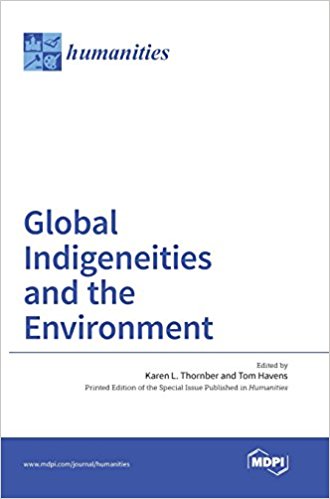Description
In his article, 2013 Transregional Research Postdoctoral fellow Michael John Hathaway explores how global environmental organizations unintentionally fostered the notion of indigenous people and rights in a country that officially opposed these concepts. In the 1990s, Beijing declared itself a supporter of indigenous rights elsewhere, but asserted that, unlike the Americas and Australia, China had no indigenous people. Instead, China described itself as a land of “ethnic minority” groups, not indigenous groups. In some sense, the state’s declaration appeared effective, as none of these ethnic minority groups launched significant grassroots efforts to align themselves with the international indigenous rights movement. At the same time, as international environmental groups increased in number and strength in 1990s China, their policies were undergoing significant transformations to more explicitly support indigenous people. This article examines how this challenging situation arose, and discusses the unintended consequences after a major environmental organization, The Nature Conservancy (TNC), carried out a project using the language of indigeneity in China.

